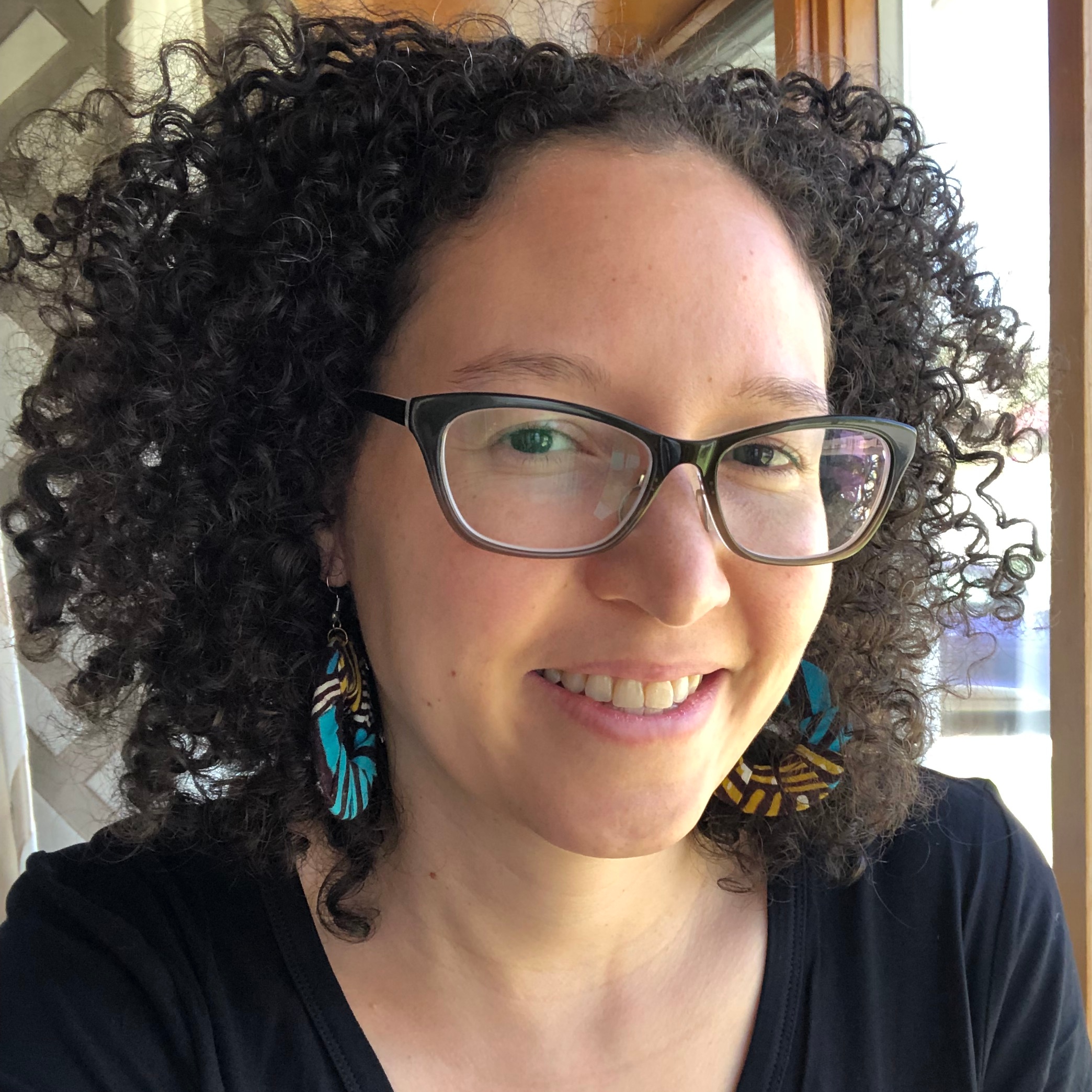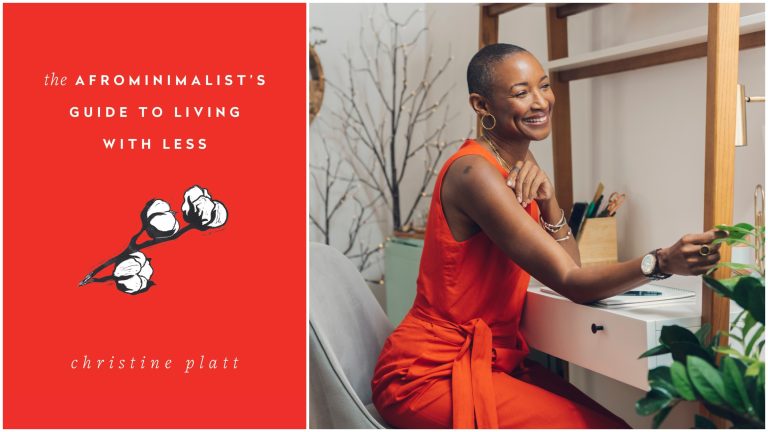In black American households, things can mean a lot. Historically, slaves were considered property and were largely forbidden from owning their own possessions. From the days of Jim Crow laws through the civil rights movement, it was hard to save up enough money to make special purchases, and many stores didn't cater to black customers. If we are in our ancestors' wildest dreams, they may have dreamed that we have the freedom to buy lots of nice things today.
But there's a growing movement to do just the opposite. Minimalism, loosely defined as the pursuit of simplicity, has been introduced to many Black people, including theGrio's Panama Jackson, by author Christine Pratt. Pratt's 2021 book, The Black Minimalist's Guide to Living Less, outlines her own journey to minimalism and offers readers a framework to get started on their own minimalism, even in a society that celebrates consumption. Key steps Pratt suggests include acknowledging that you have too much stuff, forgiving it, taking inventory (no matter how painful it may be), letting go of what you don't need, use or love, and finally, giving back through gifts and donations.
Pratt began pursuing minimalism in 2016 when she left her job as a policy adviser at the U.S. Department of Energy to become a writer. The sudden shift from working in an office to spending her days at home forced her to confront her material possessions, including the amount of clothes, shoes, and accessories she owned. She created a heat map of her four-bedroom, three-bathroom home and discovered that between herself, her then-husband, and her daughter, much of the square footage was barely used. Later, when her divorce led to her downsizing from a house to an apartment, the inventory proved essential.
As Pratt downsized her possessions, she decided to take a Black-centered approach. She found the process had emotional and financial benefits. Having more mental space and, for example, more money to save to build generational wealth often feels out of reach for many Black families. Moreover, rather than transforming her home into a bland, neutral, and typically minimalist space, Pratt's approach was deeply personal. She chose to honor her roots and African immigrant roots by decorating with colorful Ankara pillows and mudcloths. She even kept a jar of cotton as a reminder to be grateful to her ancestors.
“There's no point in turning my home into a Pinterest-esque sanctuary if it doesn't make me happy,” Pratt says.
Beyond the effort of downsizing, Pratt also asked herself some more fundamental questions, like why she loves bargain shopping in the first place: “Why does finding something on sale make me feel so happy, but then by the time I get home I don't want to wear it?” she asked.
Understanding that our lives can be just as messy as our homes, Pratt has a new lifestyle book planned for release in 2025, “Less Is Liberation,” which aims to help readers improve other parts of their lives beyond their homes. “Minimalism is a gateway to living with intention,” Pratt told The Grio, adding that she could even imagine calling herself an “Afro-intentionalist.”
In “Less Is Liberation,” Pratt wants to encourage readers to apply this kind of self-evaluation not just to clutter, but to habits, behaviors, and beliefs. “When I'm stressed, why do I go to the mall instead of going to yoga?” she asks, offering an example. Pratt wants to get to the bottom of where these stories come from and what we need to change to make more intentional choices.
Recommended articles
As a result of Pratt's own self-examination, her approach to minimalism has evolved over the years: “I've come to value, almost embrace, loss and letting go,” she says. While acknowledging that Black people may have difficulty letting go of certain things because possessions often imply a sense of power that has historically been hidden from marginalized communities, Pratt noted that a deep-rooted fear of loss can make us cling more than necessary to people and situations, not just objects.
Still, Pratt says it's clear the Afro-minimalist community is growing when readers come to her with copies of The Afro-Minimalist Guide that are well-worn, tagged and have bent corners. “We have people who are intergenerational in this, doing it with their siblings, their parents,” she explains. “Inherited clutter is a big factor.”
Along with self-described Afro-minimalists, a new group of enthusiasts has emerged. Pratt was tagged in a Facebook group for Black women pioneers, who had read the guide and wanted to apply its principles to a self-reliant, sustainable rural lifestyle. She said the group included single women, families and couples who had finished raising their children, all of whom were looking to live with less.
“A lot of us are first generation in the sense that we have an opportunity to change the traditions of our family lineage, and it's really great to see more and more Black and brown people embracing that,” Pratt said.
Less Is Liberation will be published by Grand Central Publishing's imprint, Balance, in 2025. In the meantime, start your minimalism journey with The Afrominimalist's Guide to Living With Less.
Correction: Monday, May 6, 2024 at 3:35 PM EST: An earlier version of this article incorrectly stated that “Less Is Liberation” is Christine Platt's second book. In fact, Platt has written several books for children and adults. The article has been corrected to reflect that this is her second release in the lifestyle genre.

Sarah Enelou Snyder is a freelance writer originally from Texas and now based in New Jersey, and contributed essays to the Harper Perennial anthology Horse Girls.

